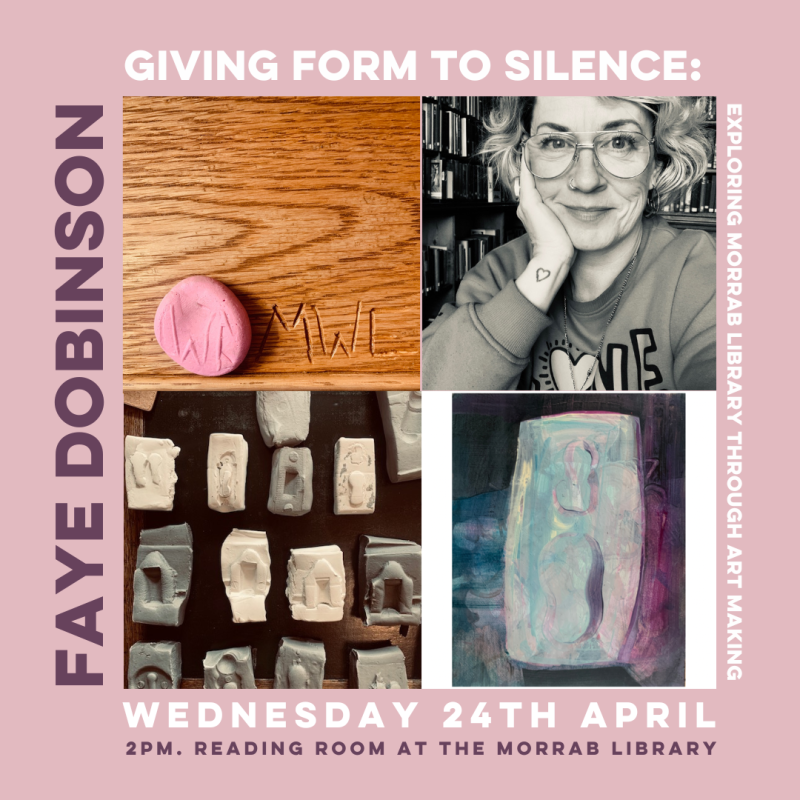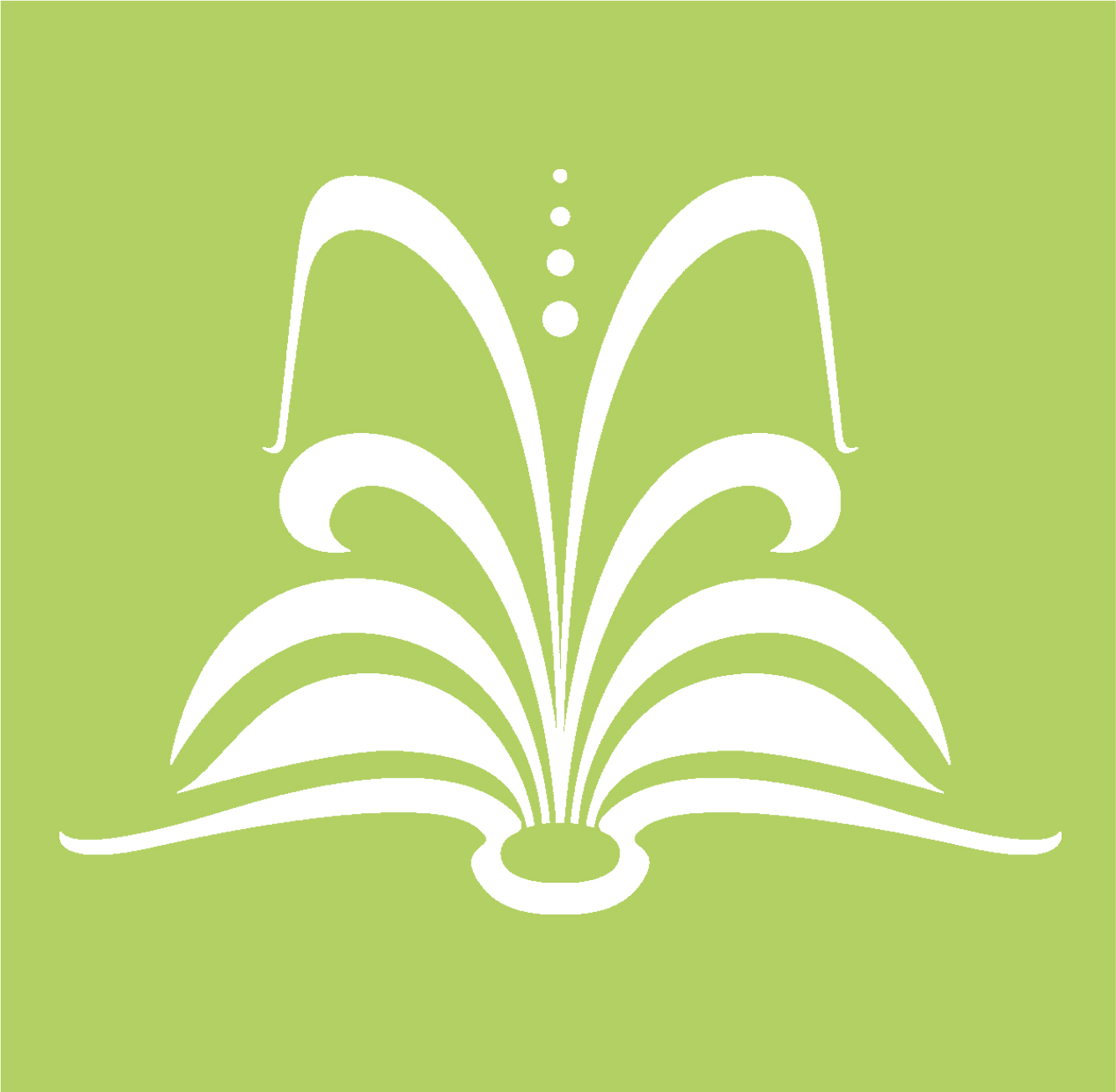Blog
Vale Glyn Richards
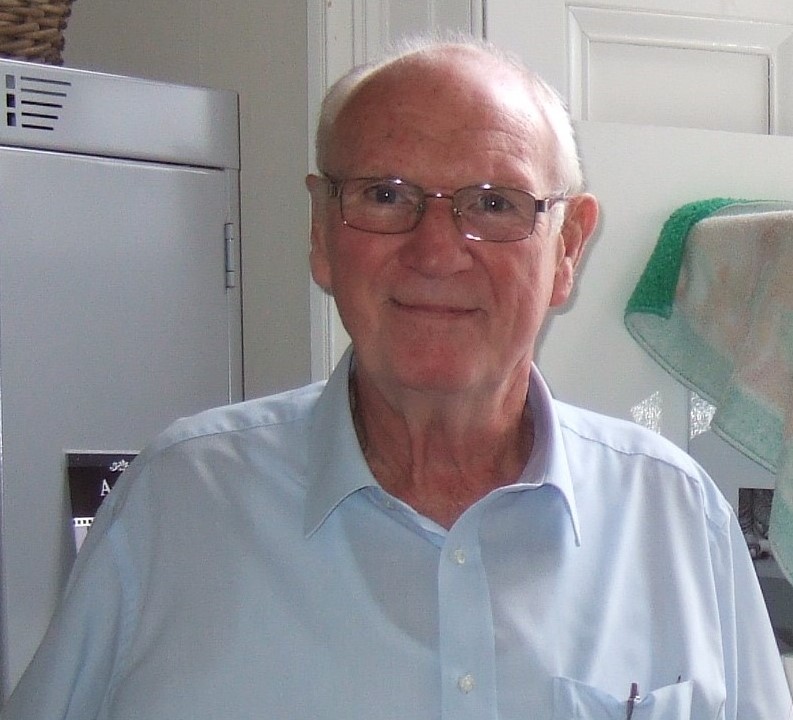
The library has lost a most valuable and supportive friend with the recent passing of Glyn Richards.
For many years Glyn served as a trustee. Polite and always ready to give of his best, he contributed his local knowledge in committee meetings and until quite recently would work hard on necessary tasks during social events.
Glyn was active in developing the Photographic Archive, appending details to many vintage images over many years, and was an important member of the team. He attained a good knowledge of I.T. and contributed to workgroups in the Penlee Gallery. Glyn also maintained a productive relationship with numerous Cornish historians and was generous with his time to anyone making enquiries or requests.
He also contributed to the works of the Penwith Local History Group. Having worked as a nautical engineer on ships of the Merchant Navy he was a rich source on all matters of the sea. He was especially close to his grandfather, who worked as a sail maker, and Glyn treated the Group to stories relating to his forebear, being licensed as an apprentice and the earnest commitment this entailed. He had a detailed knowledge of the quarry railway, and having worked with the team, the fishing protection vessels. He had an interest too in visual arts, the Newlyn Art Group and their domiciles, and was an authority on Myrtle Cottage.
Not only did he know the best place to get a pasty but if you went along with him you would notice the affection with which he was served. He was active at the Newlyn Trinity Centre and contributed with his customary conviviality. We have lost a huge fund of knowledge and a wonderful friend.
Written by George Care.
Reading List for Kensa Broadhurst’s talk “The Cornish Language in West Penwith in the 19th Century”
Every month at The Morrab Library we host talks in the Reading Room for library members and non-members alike. The programme is as eclectic as the library’s collection – from the Holy Wells of Cornwall to the History of the English Miniature Painting – and meander through Literature, Poetry, Art, Geology and a host of other fascinating subjects in between.
Often, the writers, academics, poets and artists we invite to speak at the Library generously let us record their talk so we can share them with a wider audience online. You can browse the selection of recorded talks here.
Some of our brilliant speakers also use the Library’s archive, newspaper and book collections for their own research. In homage to BBC Radio 4’s In Our Time, we are hoping to share a “Reading List” to go with each talk recording, in case you would like to follow up on the talk by borrowing related titles from the Library or delving into our archives.
We’ll be publishing these reading lists here on our blog on a monthly basis so please do keep checking back for updated reading lists.
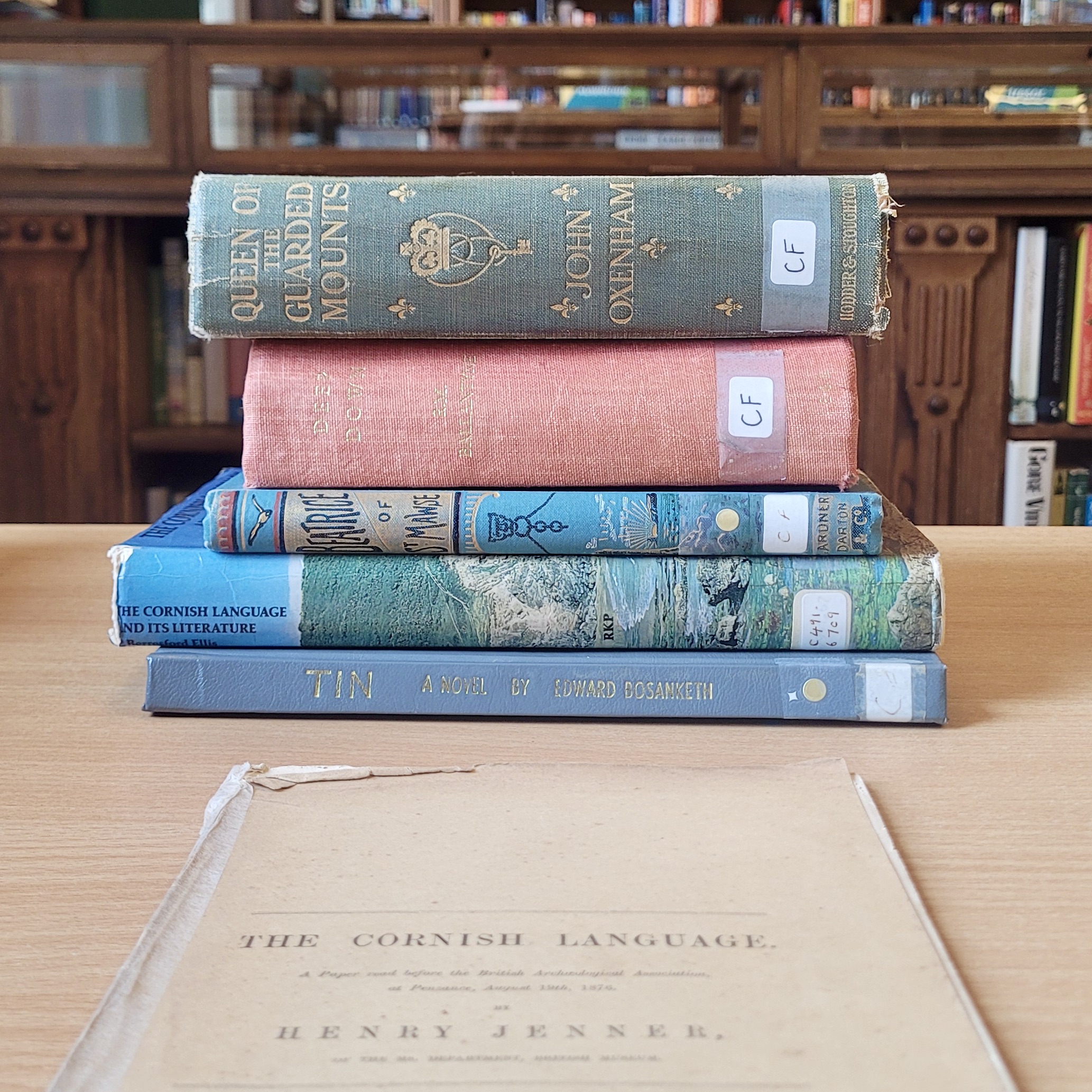
Several items in The Morrab Library collection offer us insights into how Cornish was being spoken, used, and regarded during the nineteenth century in West Penwith. The Reverend Wladislaw Lach-Szyrma of Newlyn carried out investigations into the use of Cornish during the 1870s and worked to promote the language. He instigated an essay prize, the entries for which are held in the Morrab Library’s archives (Ref. MAN/58).
At the same time, Cornish was featuring in regional newspapers and novels. In March 2024, Kensa Broadhurst gave a fascinating talk on “The Cornish Language in West Penwith in the 19th Century” at The Morrab Library through which she explored what these sources tell us about how Cornish was being used during the nineteenth century and what this means for the wider history and status of the language
Kensa has just completed her PhD at the Institute of Cornish Studies, Exeter University. Her studies were funded by the Cornwall Heritage Trust and the Q Fund. She researched the status of the Cornish language between 1777-1904, that is, the period in which it is widely believed to have been extinct. A former modern languages teacher, Kensa is a fluent speaker of Cornish, a bard of the Cornish Gorsedh, and both teaches and examines the language. She is currently the Languages Coordinator for the University of Exeter’s Cornwall Campus.
You can watch a recording of her talk here.
She has also kindly put together a “Reading List” if you would like to follow up on the talk with any further reading.
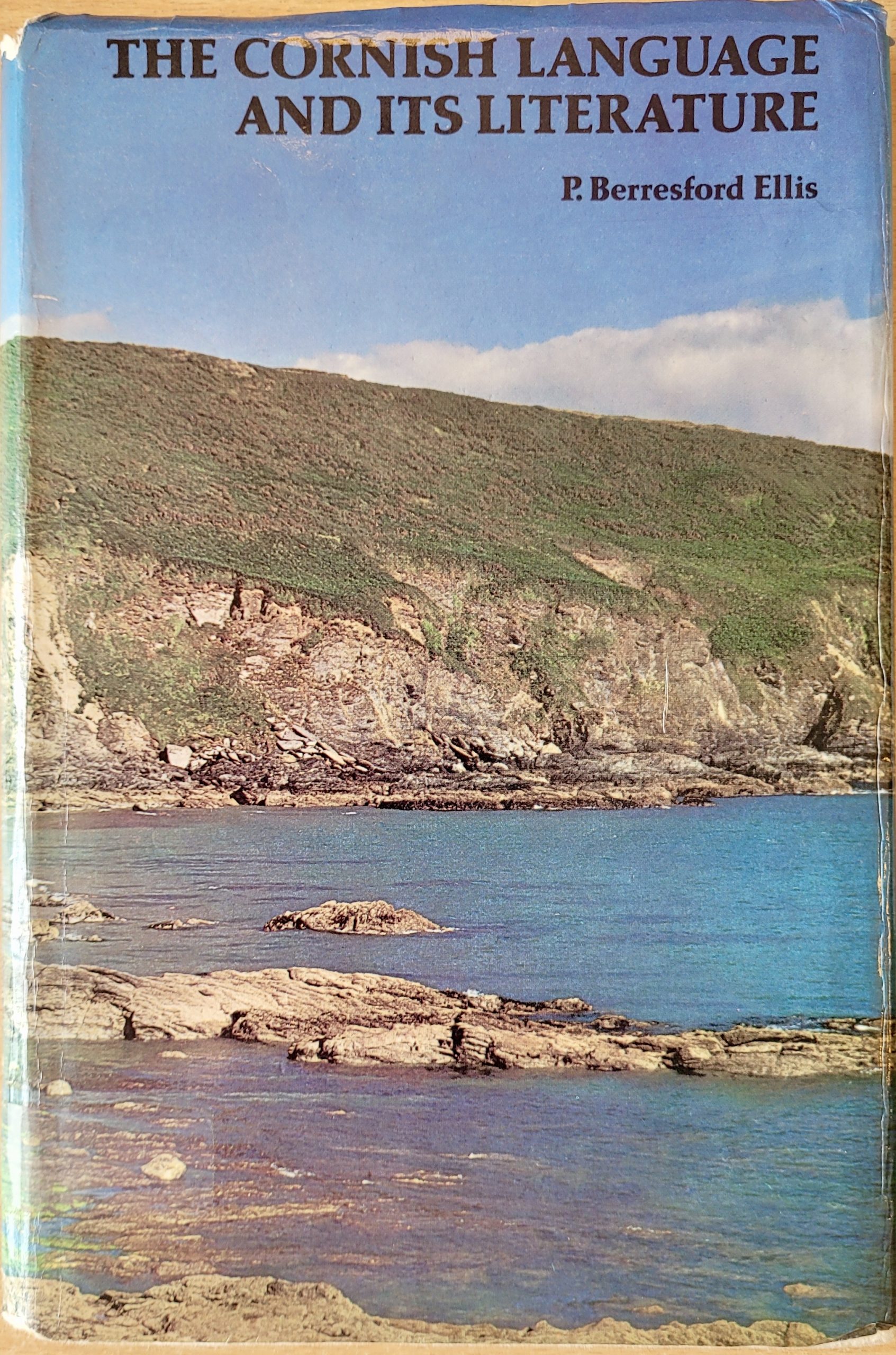
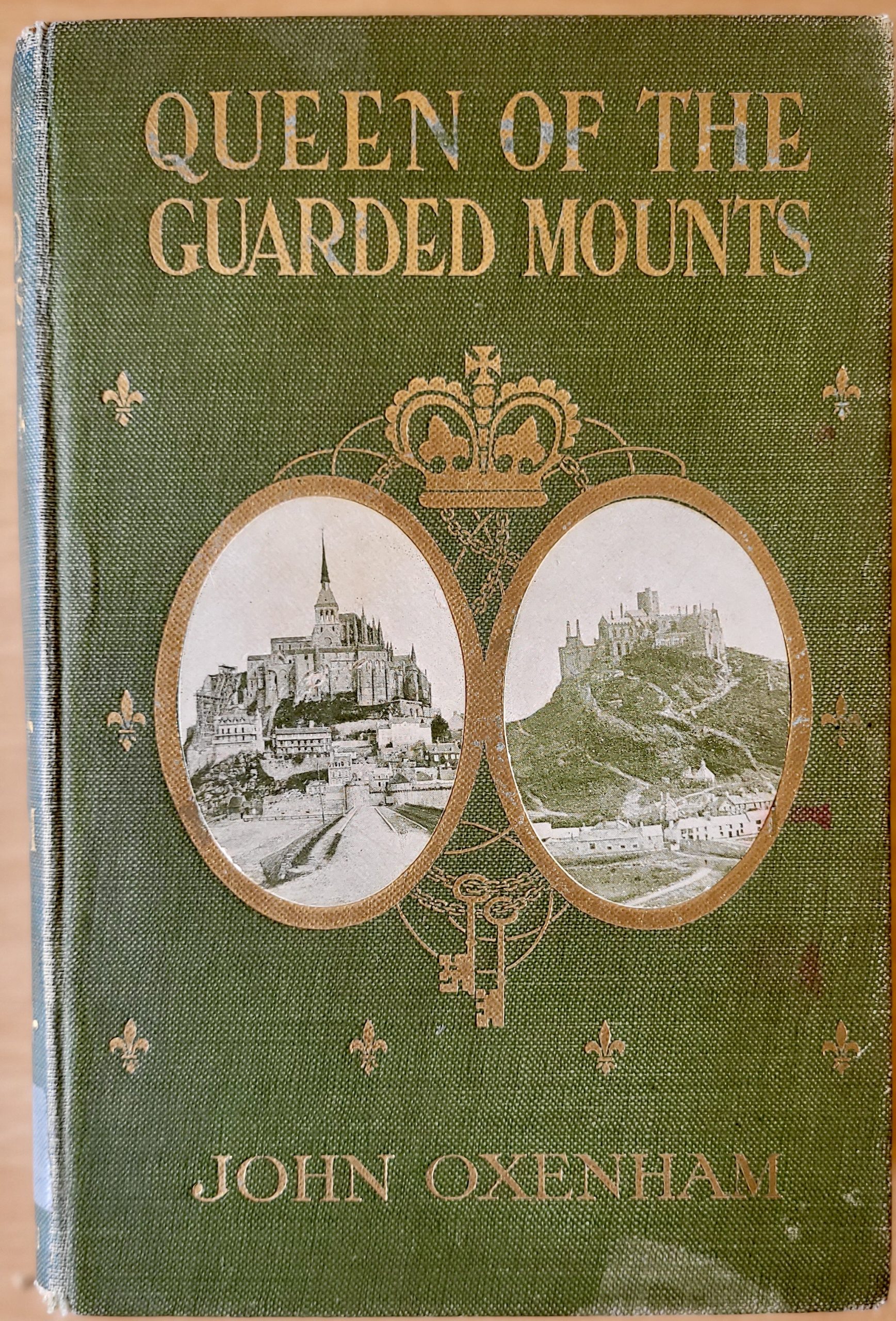
Queen of the Guarded Mounts – John Oxenham
Deep Down – R.M. Ballantyne
Beatrice of St Mawes
Tin – Edward Bosanketh
The Story of the Cornish Language – Peter Beresford Ellis
The Handbook of the Cornish Language – Henry Jenner
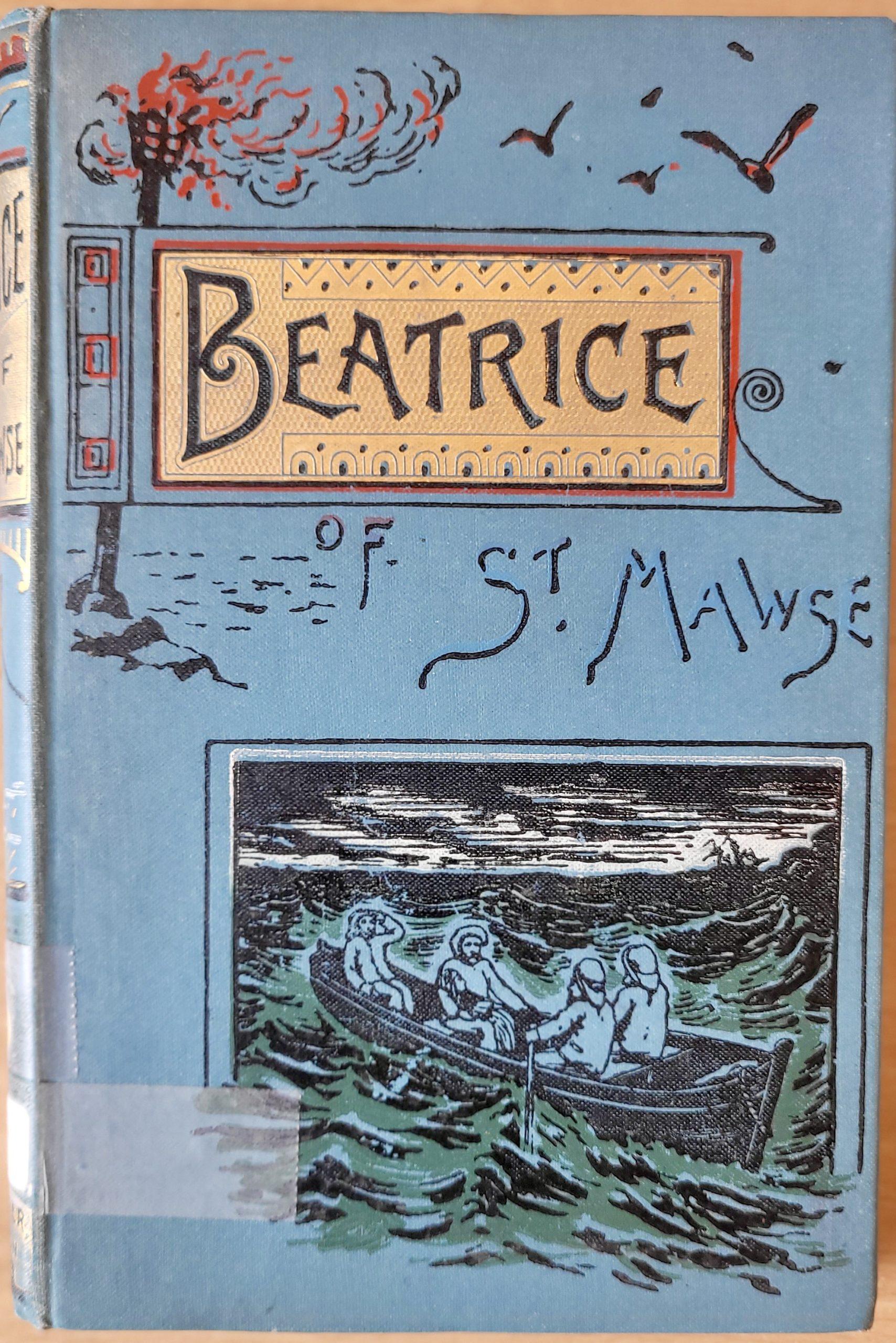
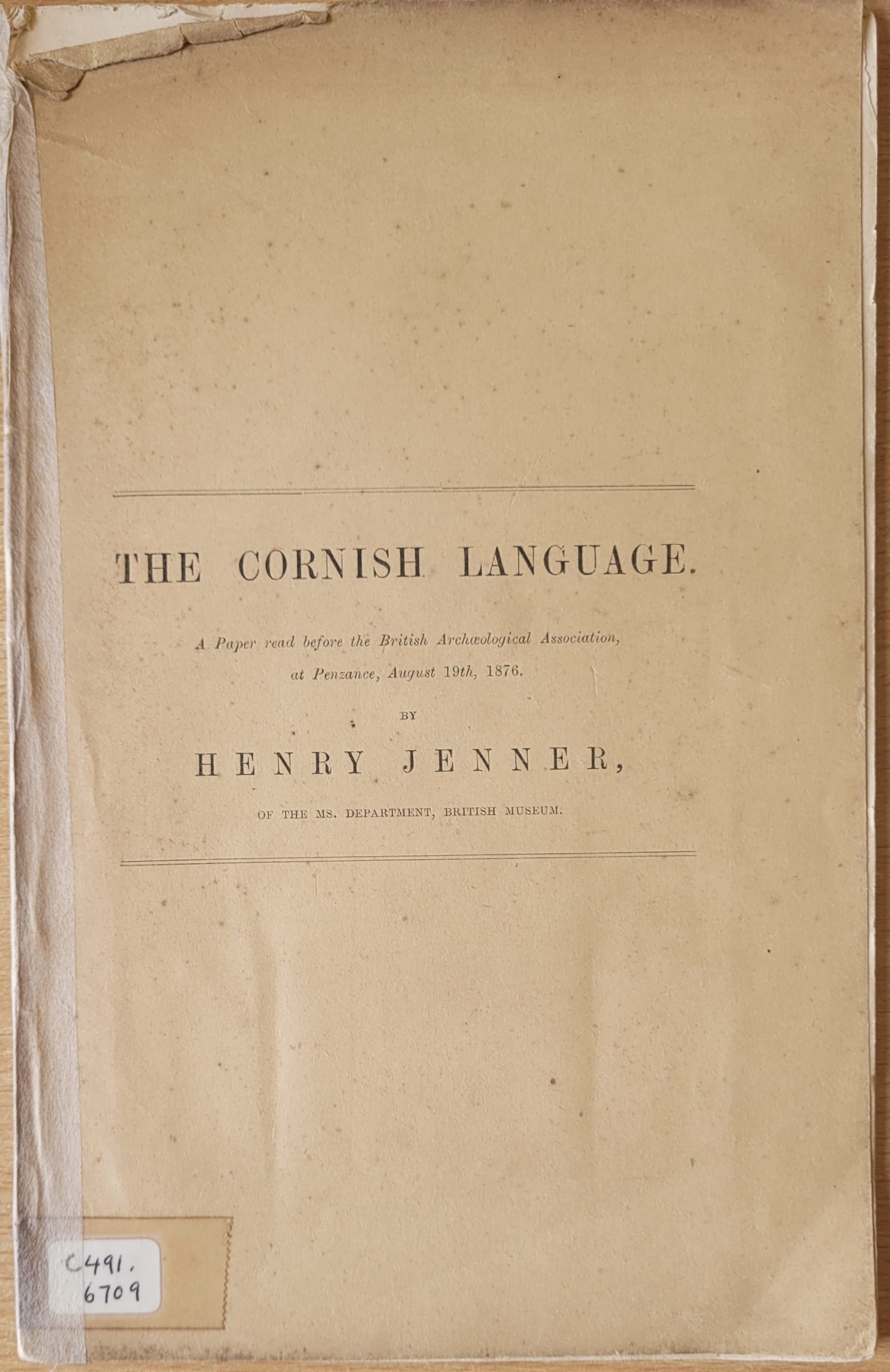
Pentreath and Victor’s essays on the Cornish Language are held in our Archive (MAN/58). Please email enquiries@morrablibrary.org.uk if you would like to arrange an appointment to see these documents or if you would like to reserve any of the books mentioned on her Reading List.
Faye Dobinson Exhibition in the Elizabeth Treffry Room at Morrab Library | Tuesday 23rd to Saturday 27th April 2024
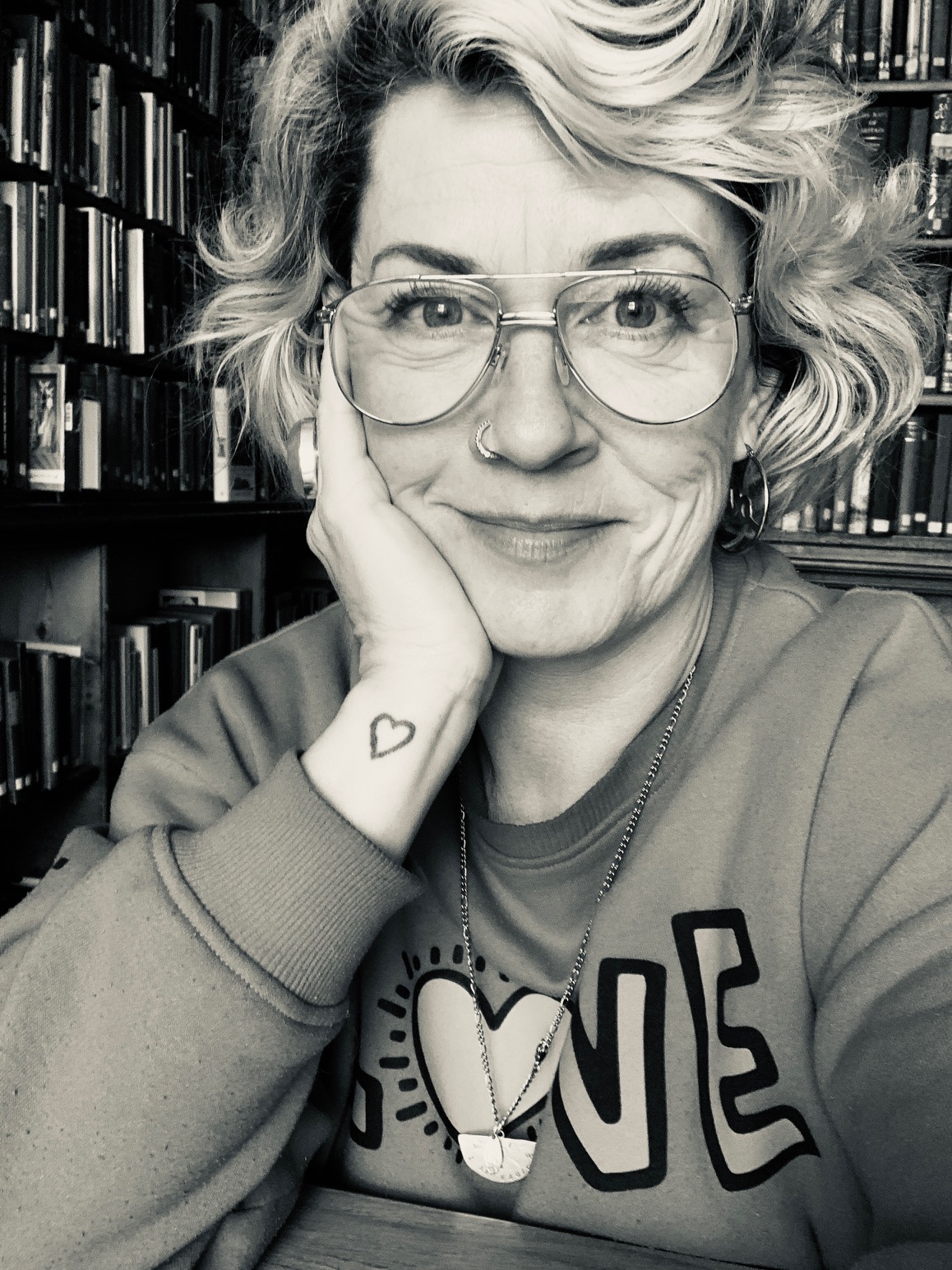

Artist Faye Dobinson will be displaying the artwork created during her residency at The Morrab Library in the Elizabeth Treffry Room from Tuesday 23rd to Saturday 27th April 2024.
Faye called her residency ‘Community Power Structure’, a title borrowed from a 1953 book cover that caught her eye while visiting the library. You can find out more about Faye’s work in this blog we shared last July.
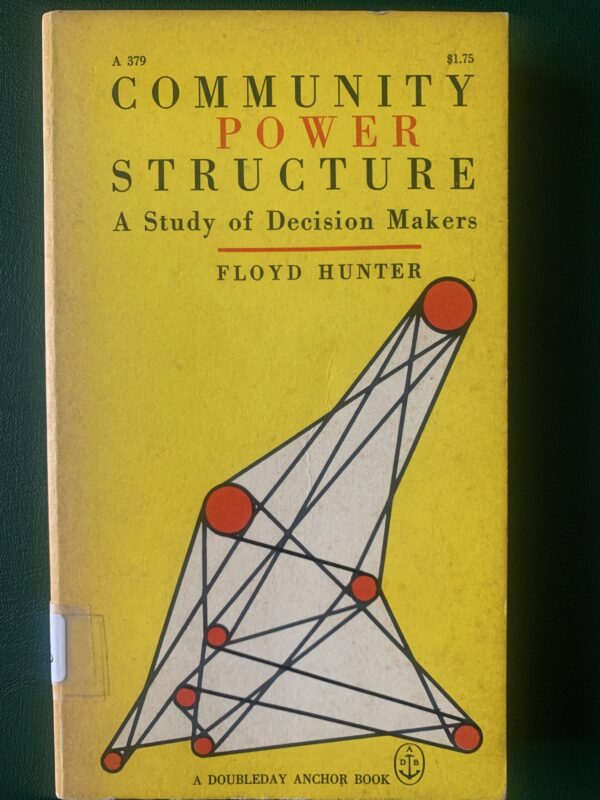
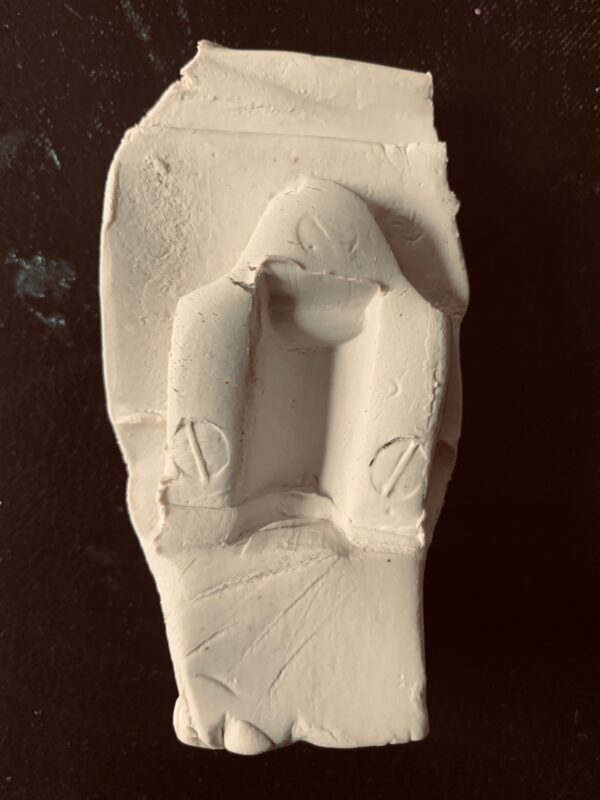
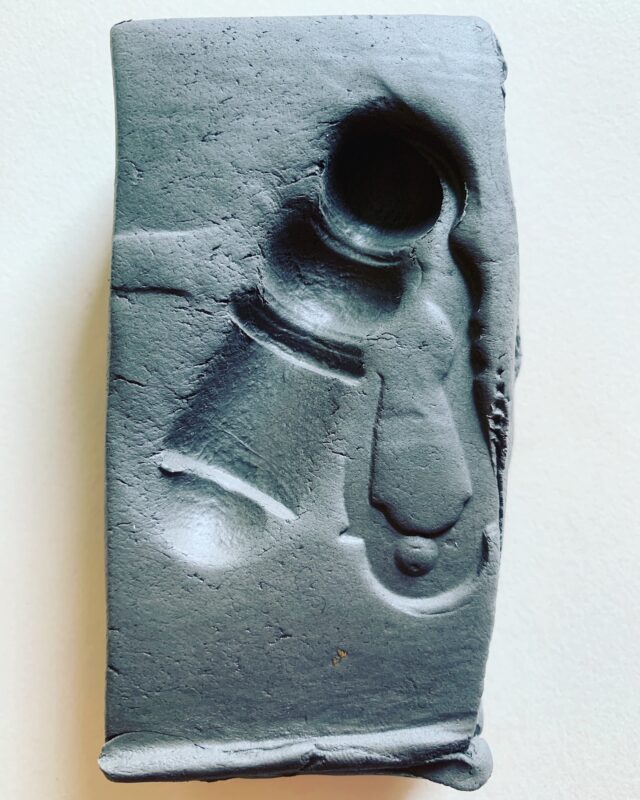
As the months progressed, she shared glimpses of the work on @communitypowerstructure, where she highlighted some of the lesser spotted details within the Library rooms, such as the locks and escutcheons. She explored the library through a myriad of different artistic processes and through that, different facets of the space revealed themselves and found form in curious and unexpected works of art. From moulds of obsolete locks to cyanotypes of plants outside.
Reflecting upon her residency, Faye commented:
“I have found that my time at Morrab has impacted my practice moving forward. I have a curious mind that is alive with possibilities, and a library – ESPECIALLY the Morrab is like an embodiment of possibility.
You begin looking for a book on one thing, then find yourself on a magical mystery tour, led by what piques your curiosity. It is a broadly roaming journey that is impossible to have via google and other online means to research: Your own curiosity cannot be prescribed by the library, you are not just a generalised algorithm being presented with ideas. To a library you are an intrigued, vital intersection of interests, events, loves, likes and dislikes. You are a human being.
I have been watching myself make more work around the initial keyhole studies that I made: the keyholes have taken on layers of meaning over time, becoming portals populating mystical, rural spaces or suggestive openings to unknown rooms, they are signifiers of quiet and peace. They are guardians of knowledge.
I am really looking forward to presenting my findings and sharing my journey within the walls of Morrab Library”
Visitors are welcome to pop in during library hours (10am – 4pm) next week to see the exhibition. The Elizabeth Treffry Room is upstairs, turn right at the top of the stairs and it is the first door on the left. The artist will be in situ on Thursday 25th (1-3pm), Friday 26th (1-3pm) and Saturday 27th (10am – 1pm) to chat to visitors about her work.
She will be running the last of her series of Art Clubs, “art and soul sessions”, at the library on Thursday 25th April from 10.30am – 12pm. Tickets are £10 and available to book directly from fayedobinson@me.com.

She will also be giving a talk at the Library on Wednesday 24th about her affection for The Morrab Library, what she unearthed about the space and herself through being one of the recent Artists in Residence. Tickets have already been allocated via a ballot but we will be recording it to share on our website.